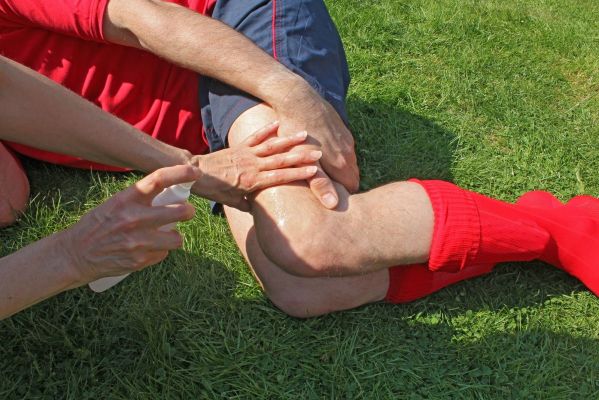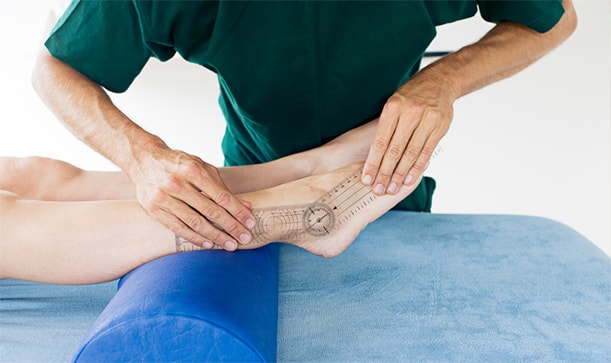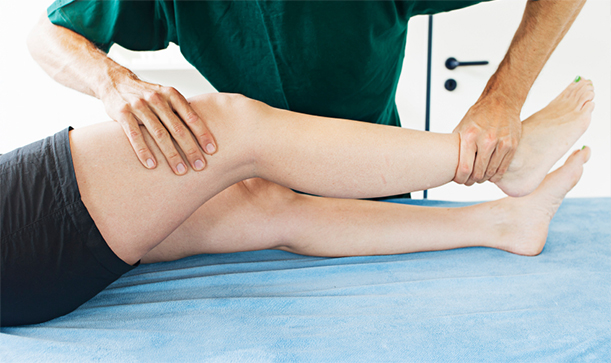CK Physiotherapy
AREAS COVERED
W7, W5, W13, Ealing, West London
57 Elthorne Avenue
Hanwell, W7 2JY
T: 020 8566 4113
M: 079 572 46185
E: info@ckphysio.co.uk
Location / Parking
We are situated in Hanwell, between Boston Manor Road and Northfields Avenue, south of the Uxbridge Road.57 Elthorne Avenue
Hanwell, W7 2JY
There are parking restrictions Mon - Fri 9-10am and 2-3pm. If you need a permit during this time please inform your therapist when you arrive. There are no parking restrictions at other times.
Opening Times
Please phone the number above during working hours to make an appointment. Our reception service will be happy to book your session.
London Underground / Bus Services
London Underground
10 min. walk from Boston Manor Tube Station.
15 min. walk from Northfields Tube Station.
Bus Service
E8, E3, E2, 207, 607, 83
Request Call Back
Our Blog
How Physiotherapy Heal Injuries You Have Sustained Playing Rugby
By: BryanKelly (Psst, View author in Google Plus) Date: Feb 13th, 2017Sports injuries are a common occurrence and something that, no matter how hard you try, can’t always be avoided.
However, there’s one sport which stands out among the rest for the seemingly never ending possibilities of getting injured, and that is rugby.
Cut Recovery Time for Your Rugby Injury through Physiotherapy
Due to the immense physicality involved in playing rugby, injuries to all parts of the body are common. Rugby players can sustain injuries which include joint dislocation, fractures, ligament strains, muscle tears and cartilage damage.
The reasons behind these injuries are extremely varied. They can be a result of muscle imbalance, poor movements during play, joint instability, muscle weakness or even just a big dose of bad luck.
However, you shouldn’t let the possibility of rugby injuries put you off playing the sport as, if you are unfortunate enough to be injured, physiotherapy can help accelerate the healing process.

How Likely is a Rugby Injury?
The short answer is, very likely. During the 2013/14 rugby season, a total of 739 injuries were sustained during matches which caused a player to miss training or a game, with the average injury forcing a player to miss 26 days of training. At the same time, training now accounts for a third of all rugby injuries, with 414 being reported in the rugby premiership during the 2013/14 season.
Looking at the figures, you can see that injuries are extremely common and can take a long time to heal. Unfortunately, if you become injured through rugby, the rest and general pain killers a doctor will prescribe may not be enough.
The best way to recover from sports related injuries is to seek the help of a professional physiotherapy clinic as well, as many of them specialize in sports injuries. Because of this, most premiership rugby teams have retained the services of team physiotherapists.
How Can Physiotherapy Help?
A physiotherapist will do a complete assessment of your rugby injury, and provide you with a comprehensive course of treatment that will be aimed at getting you back to normal and back to playing rugby as soon as possible.
A physiotherapist will also be able to advise you the best time to return to training, and will create a structured rehabilitation programme for you. They will focus on restoring your muscle strength and joint stability to ensure that your body can cope with the physical demands of the sport. A proper physiotherapy programme can include anything from manipulative therapy, soft tissue massage, posture and muscle imbalance correction, and exercise therapy and management.
If you play rugby, the possibility of an injury now and again is always there. Through physiotherapy treatments, you’ll be able accelerate your recovery and get back to playing the sport you love more quickly.
Sources
Rugby Concussions Soar by 59% Says Report, Telegraph.co.uk
5 Ways to Minimise the Risk of Injury in Rugby, CSP.org





